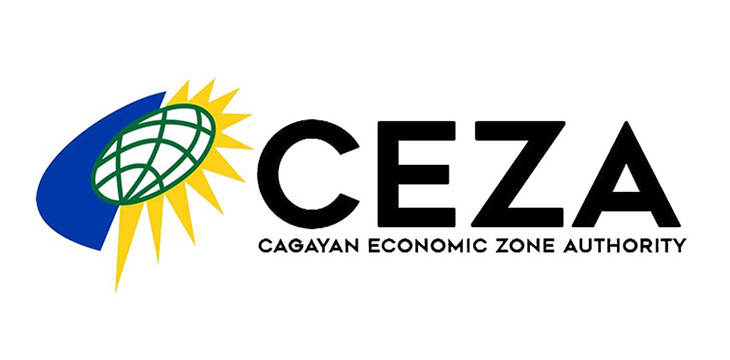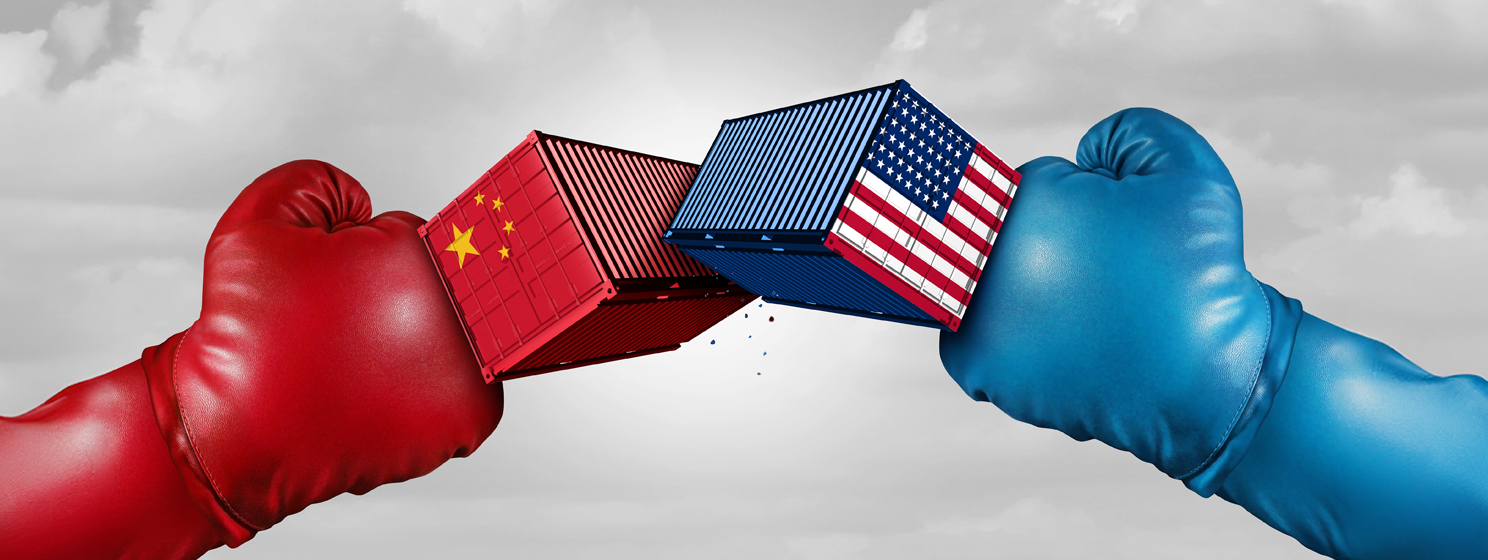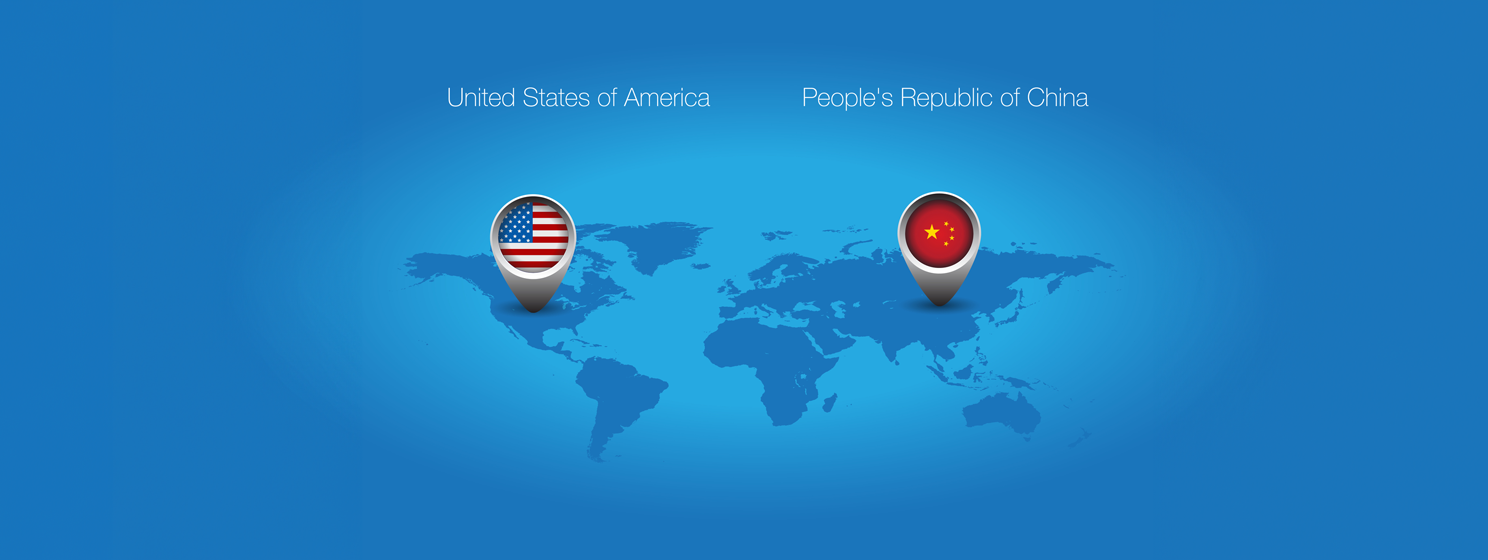|
Getting your Trinity Audio player ready...
|
The Philippines’ Cagayan Economic Zone Authority (CEZA) has announced its plan to form a registry for decentralized autonomous organizations (DAOs), local news have reported.
CEZA’s move to create a comprehensive registry is geared toward bringing the Philippines one step closer to being the leading nation in blockchain development, according to information obtained by The Manila Times. The incoming DAO registry will be the first in Southeast Asia, following the head start gained by regions like Switzerland, Estonia, Gibraltar, and the United States.
“While a DAO registry is an achievement on its own, having and maintaining one is also strategically important. Persuading any enterprise to do business in your jurisdiction is difficult,” said CEZA Secretary Jaime Escaño. “But making this case when the business is already incorporated, there is not only easier but a natural progression of events.”
Escaño disclosed that the DAO registry will be hosted on distributed ledgers to allow intending entities to track their application status and to promote transparency. CEZA notes that using blockchain will streamline processes, typically clogged by bureaucratic practices and red-tapism.
CEZA added that its DAO registry would stand out from other jurisdictions that typically impose tough liabilities on the principal members of the DAO by creating a conducive operational environment.
Aside from creating the DAO registry, CEZA confirms its long-term plan is to create a thriving ecosystem for digital asset operators. The zone notes that building the ecosystem will not be a walk in the park, given the regulatory hurdles against blockchain adoption in the Philippines.
“By launching this DAO registry, CEZA will attract more blockchain businesses,” said Escaño. “In time, this critical mass of enterprises will be the selling point for more of its peers.”
Progress but the hurdles continue to plague the Philippines
The Philippines has been tagged as the fastest-growing ecosystem in Southeast Asia for virtual currencies and blockchain. The country’s young and tech-savvy population played an integral role in achieving the record, having earned the titles of being the “social media capital of the world” and the text capital of the world.
Despite the progress, experts have identified that a lack of positive regulation from the government stifles the country’s adoption levels. Digital assets are considered securities in the Philippines as issuers are required to seek the consent of the Securities and Exchange Commission.
Bangko Sentral ng Pilipinas (BSP) has halted the issuance of licenses for virtual currency firms for three years to allow it to craft wholesome regulations for the growing industry.
Watch: New blockchain use case? Pothole repair

 02-13-2026
02-13-2026 




